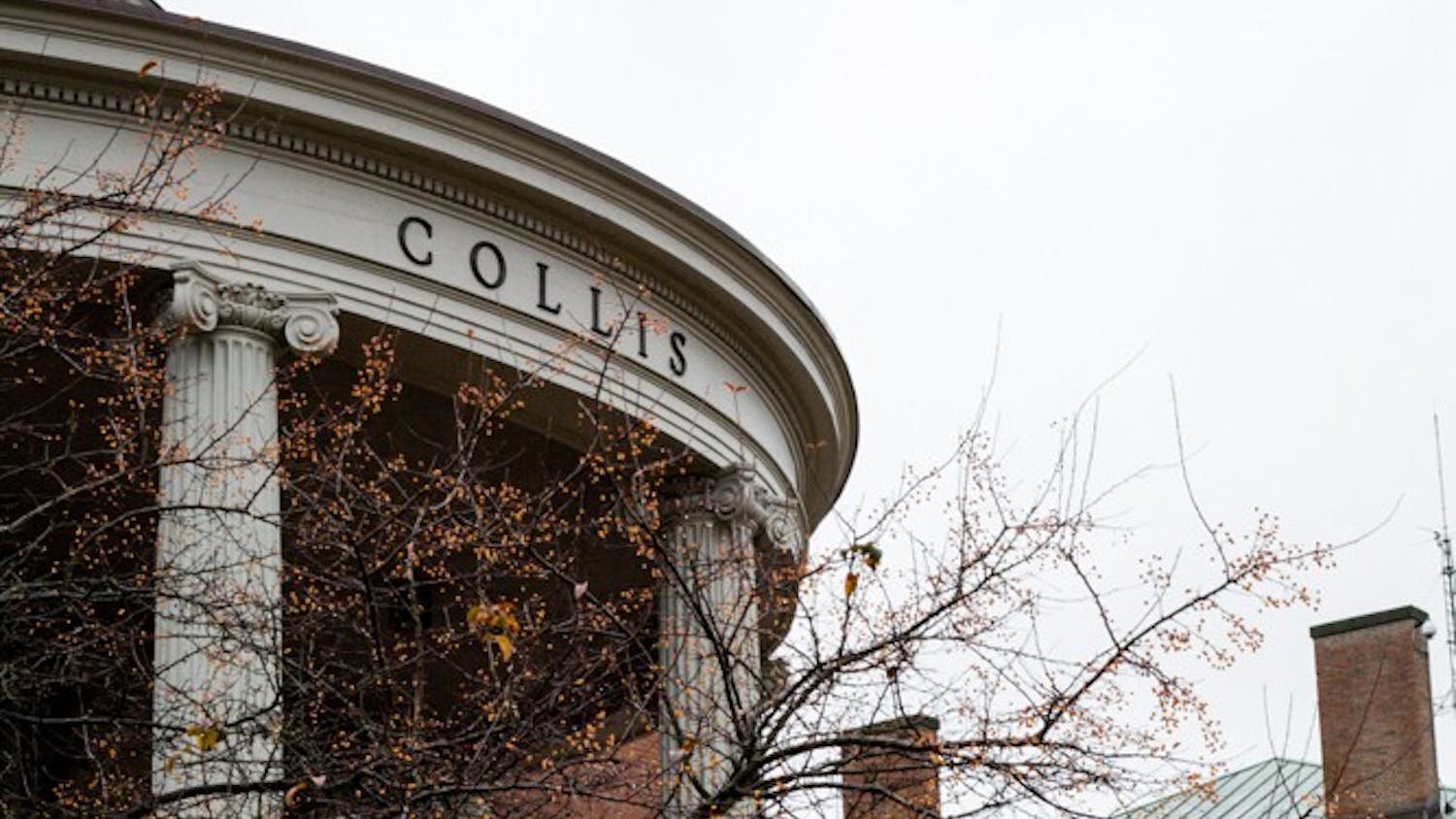Despite a 95-percent graduation rate, the College loses a number of students to other institutions every year.
Dean of First Year Students Peter Goldsmith said a "handful" of students leave because they are dissatisfied with Dartmouth's social and intellectual life.
And many more may think about it, he said.
"Some number of students, even in their first year at Dartmouth, think about transferring, and it's probably a higher number than most students would imagine," Goldsmith said.
Goldsmith said most students who consider transferring express dissatisfaction with the predominant role the Greek systems play in the social lives of students at Dartmouth.
Although most students said they were aware of the Greek system's influence before attending the College, they discovered fraternities and sororities were even more dominant than expected.
Those students "almost always mention the drinking," Goldsmith said.
Students were also dissatisfied with the lack of academic course offerings at the College -- particularly within the Asian studies department, Goldsmith said.
"I haven't been able to take some courses I wanted, because they don't offer that many of them in certain departments, and they keep the classes small," said a current freshman, who is thinking about transferring. The student wished to remain unnamed.
The students said she had reservations about the College even when she decided to attend.
"I knew it was conservative and traditional, but it seems to go across more lines," she said.
She said there are cliques based upon ethnic background at the College, and "people tend to stay in those groups."
"It surprises me, the number of people who still sort of stay in their comfort zones," she said.
Students who consider transferring also complain about the intellectual environment at the College, Goldsmith said.
"They came to the College expecting a vitality of intellectual life outside of the classroom, and they can't find that," Goldsmith said.
David Horowitz '00, who transferred to Brown following his first year at Dartmouth, said, "I felt like intellectual curiosity, while vibrant in the classroom, didn't extend to the dormitories or dining halls."
Horowitz said he was very happy with the academics at Dartmouth, but a lot of his reservations about the "emphasis on sports" and the "ubiquity of the fraternity life on campus" were confirmed when he was a student at the College.
Religion, however, played the biggest role in Horowitz's decision to transfer. Horowitz said he found it extremely difficult to keep kosher at the College, and he also "didn't find the appropriate religious outlets Dartmouth."
Goldsmith said the administration does not get very concerned about students' leaving, because of the College's low attrition rate.
"It's not necessarily the best environment for everyone who comes here," he added.
The first-year office does not pressure students who consider transferring to stay at the College.
"I make it clear to them that it is not my job to convince them to stay here," Goldsmith said. "Our interest is in finding the best education for them, whether it's at Dartmouth or somewhere else."
He always asks students to consider if their problems are specific to Dartmouth, or whether those issues would exist for them anywhere. But the answer is "usually a complicated mix of the two," he said.
Goldsmith is concerned about the issue of intellectualism.
"I fear that the students we lose to other colleges are, disproportionately, some of the most intellectually engaged students who come to Dartmouth," he said.
Students who leave Dartmouth are most commonly interested in transferring to Harvard, Columbia and Yale Universities, because of their more urban settings and similar academic level to Dartmouth's, Goldsmith said.
"I feel a little less psychologically isolated from the world in an urban environment," Horowitz said.
Bob Baror, a former Dartmouth student who transferred to Harvard last year after his freshman year, said although academic life at Dartmouth was "just as good if not better" than at Harvard, he was dissatisfied with Dartmouth's "small rustic setting."
"I wanted more options," Baror said. "At Harvard, I have the subway; I have clubs; I have museums; I have restaurants -- a lot of different options."
Many students who consider transferring try to remain low-profile, because of the high level of loyalty associated with the College.
"I'm under the impression that students are very reluctant to talk to each other about their dissatisfaction with Dartmouth, partly for fear that it will sound disloyal," Goldsmith said.
The anonymous student said she is considering transferring but rarely speaks to anybody about it.
"There's sort of a sense of guilt that goes along, when you say you don't like it here," she said.
Horowitz also told few people other than his close friends that he wanted to transfer. "I didn't feel like a traitor, but the feeling of belonging to Dartmouth made me feel that if I told people they might not understand and perceive me as disloyal," he said.
Goldsmith said Dartmouth does not have records regarding the exact number of students who transfer each year, because students often leave without informing the College of their plans.



